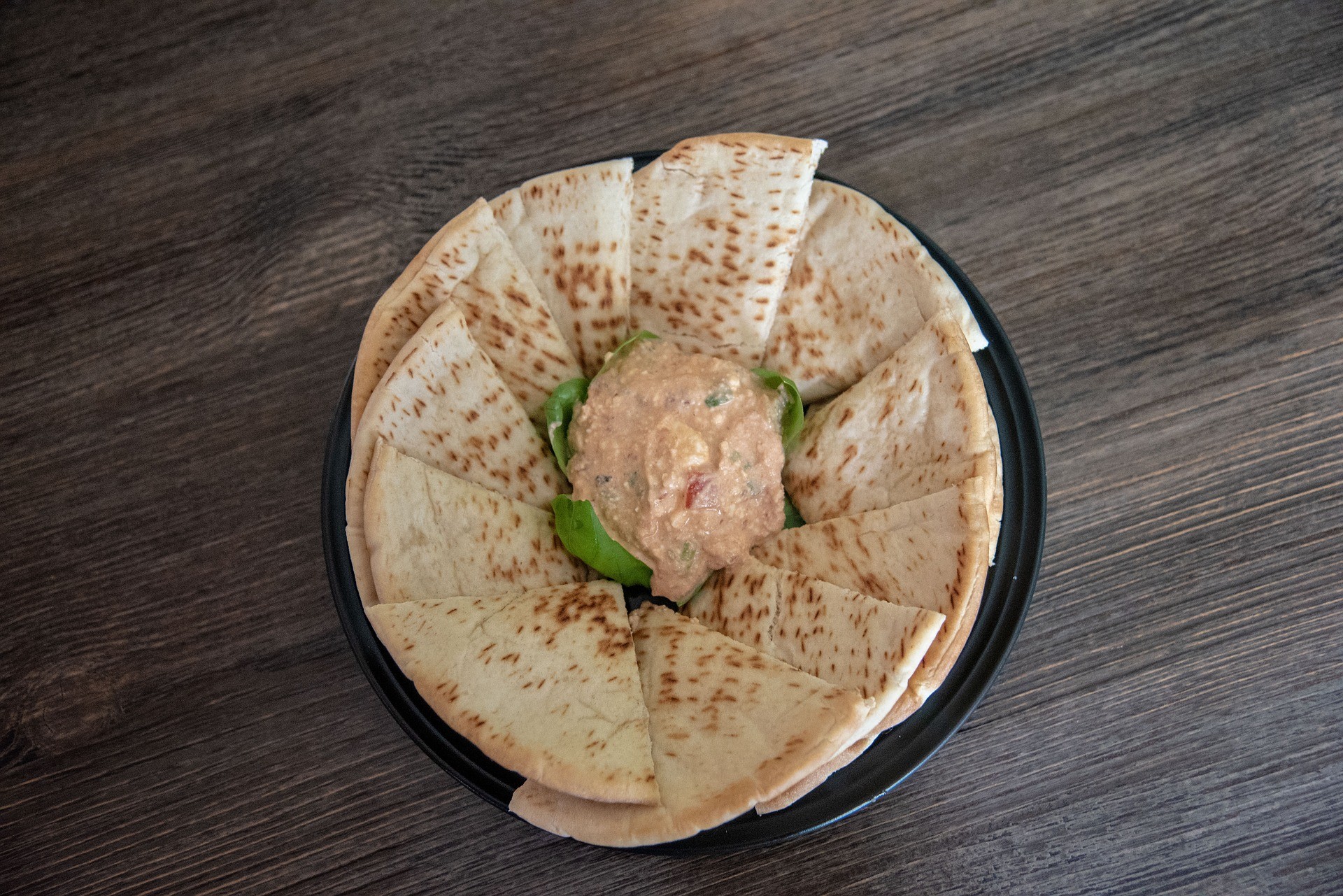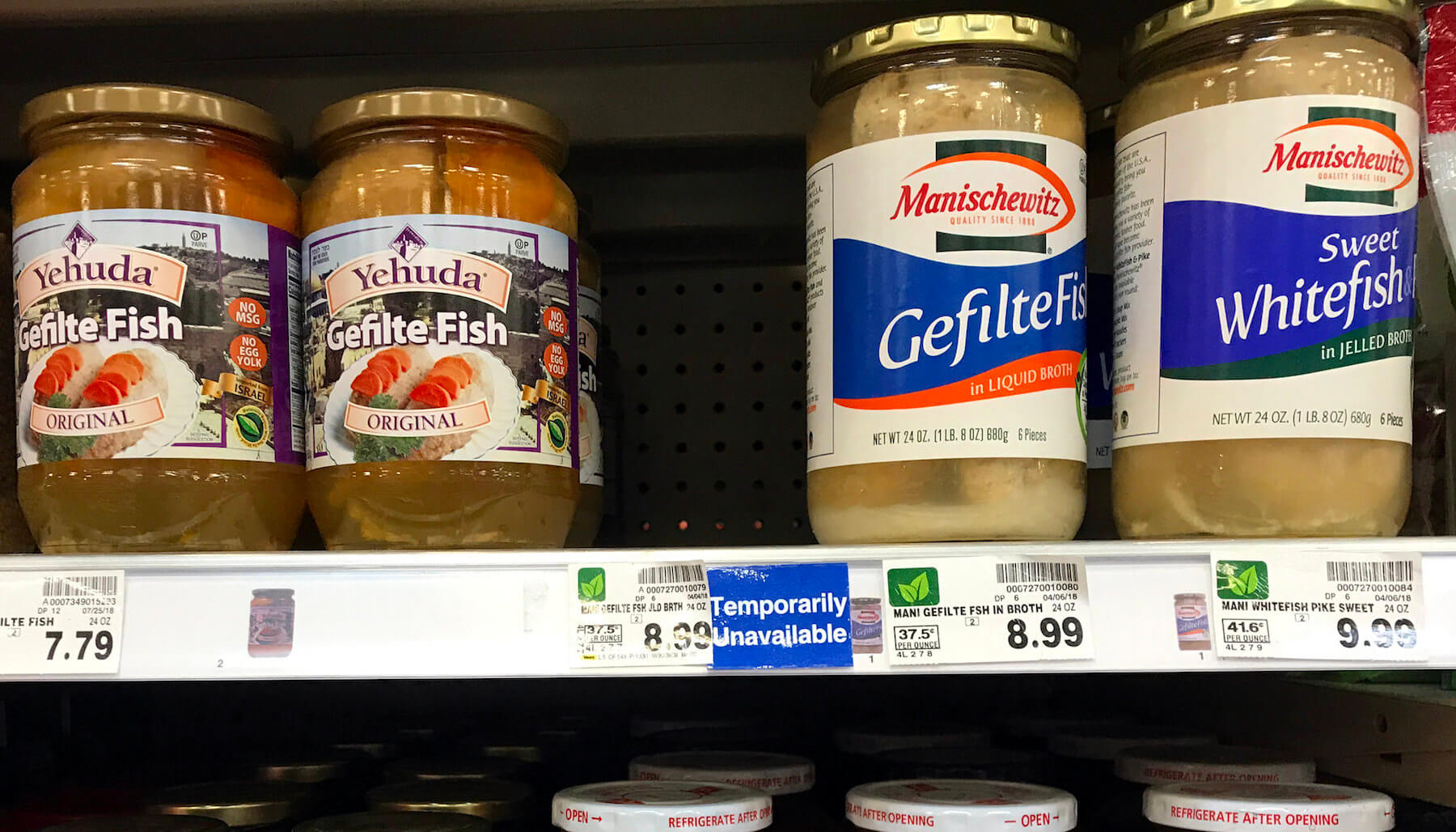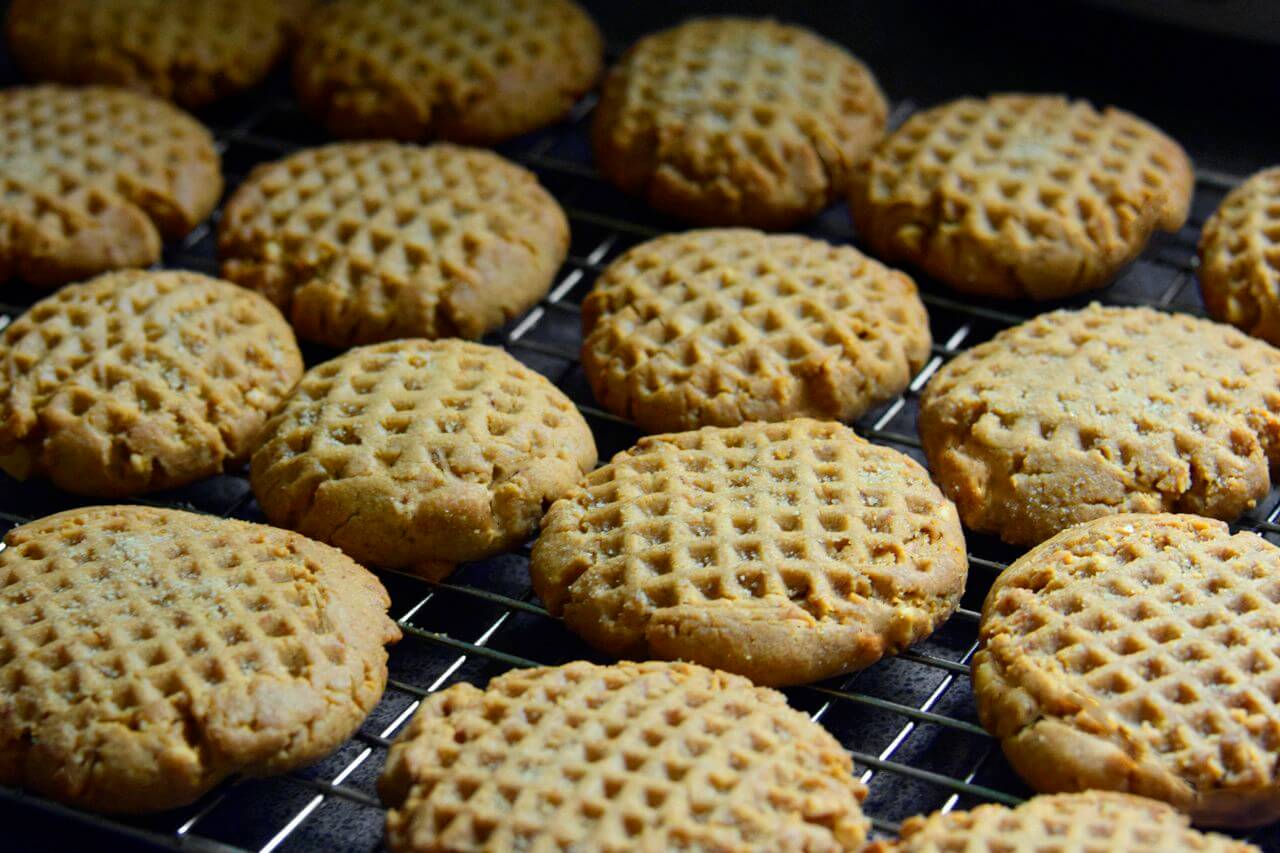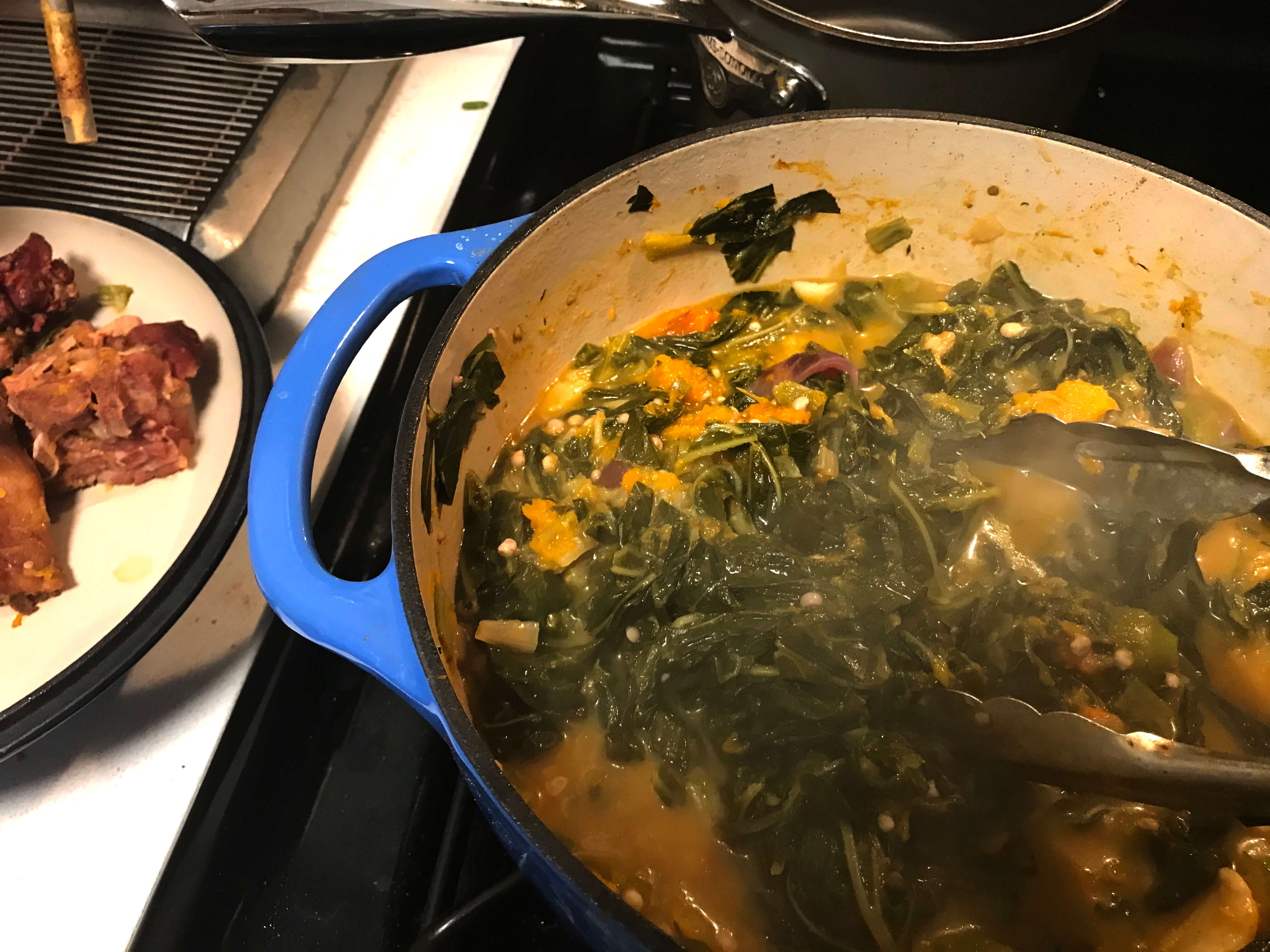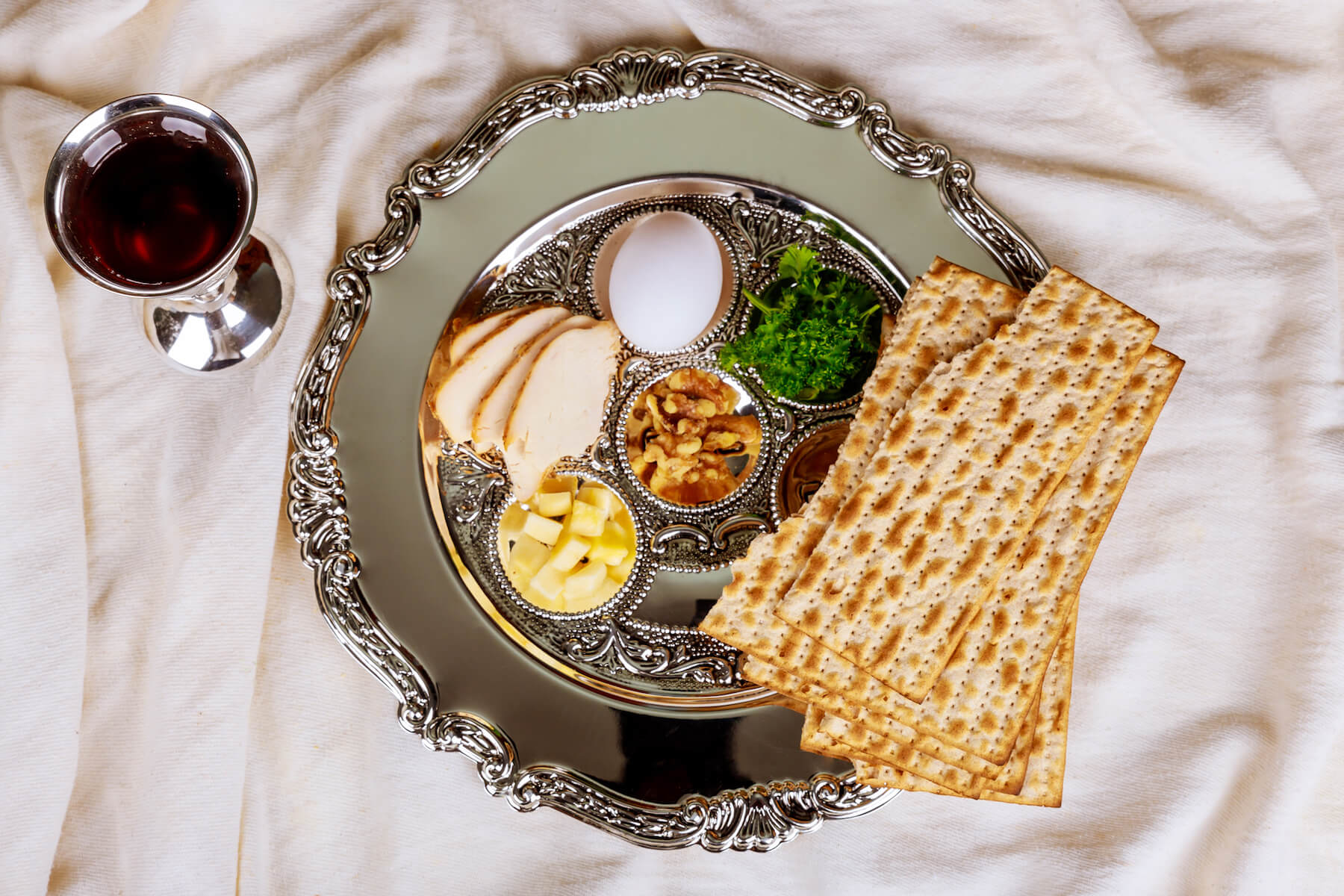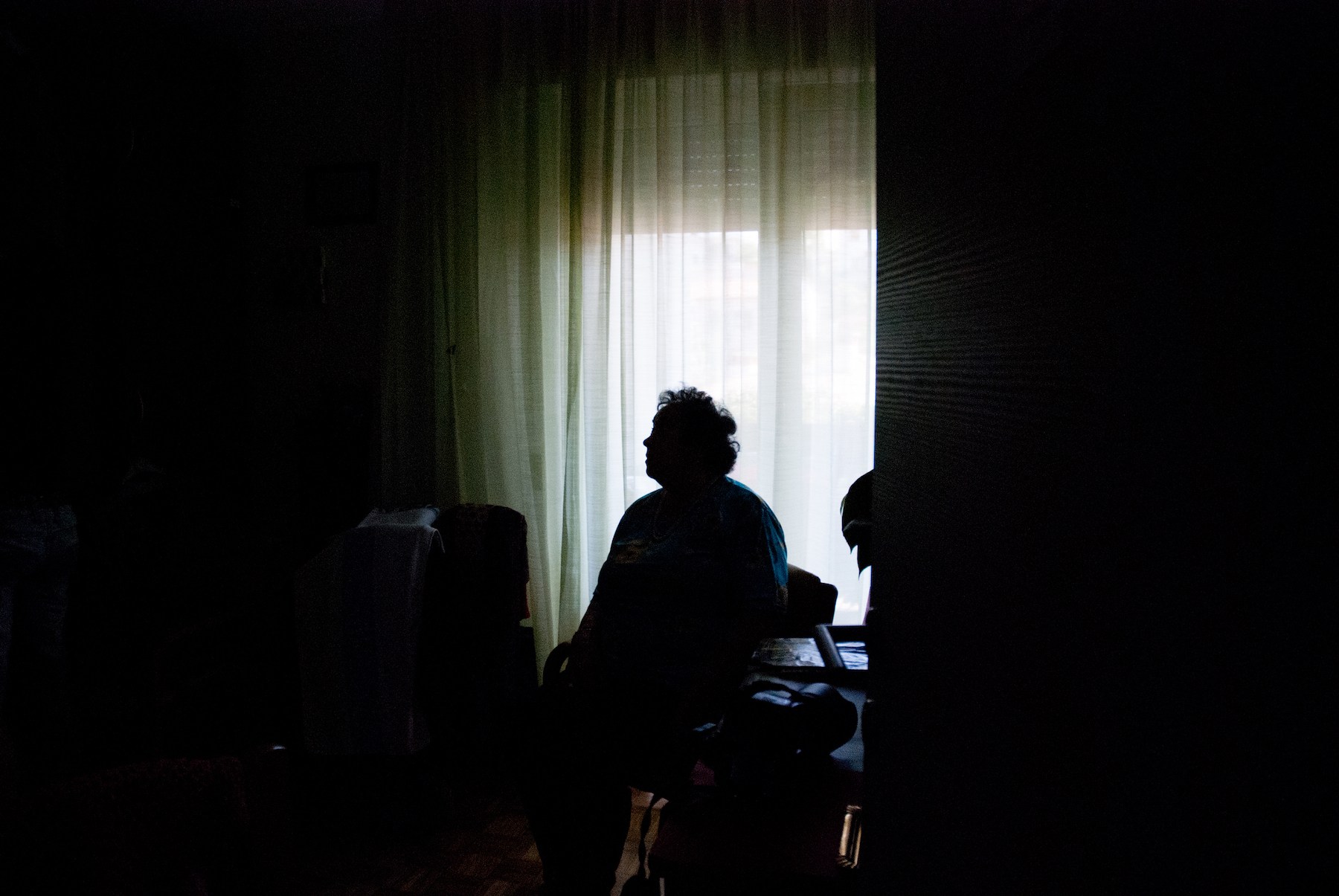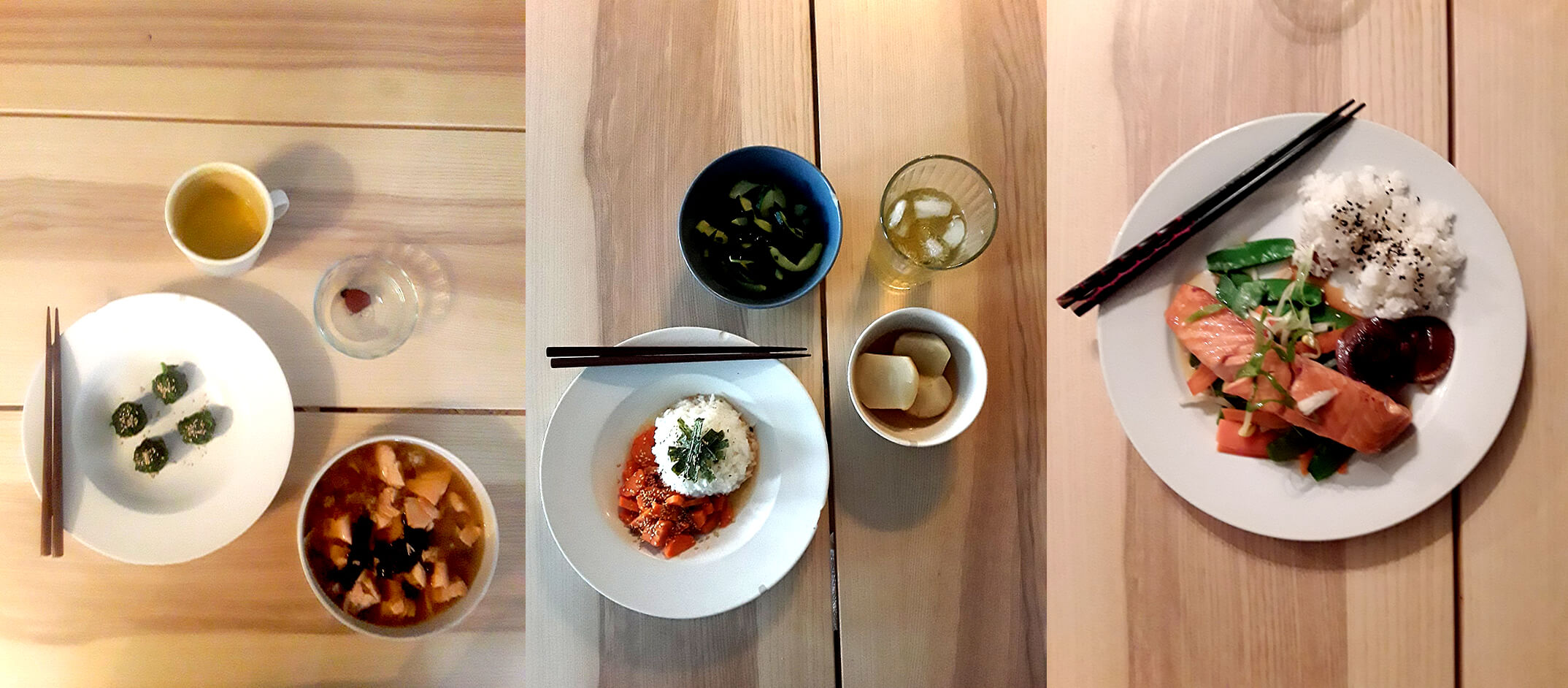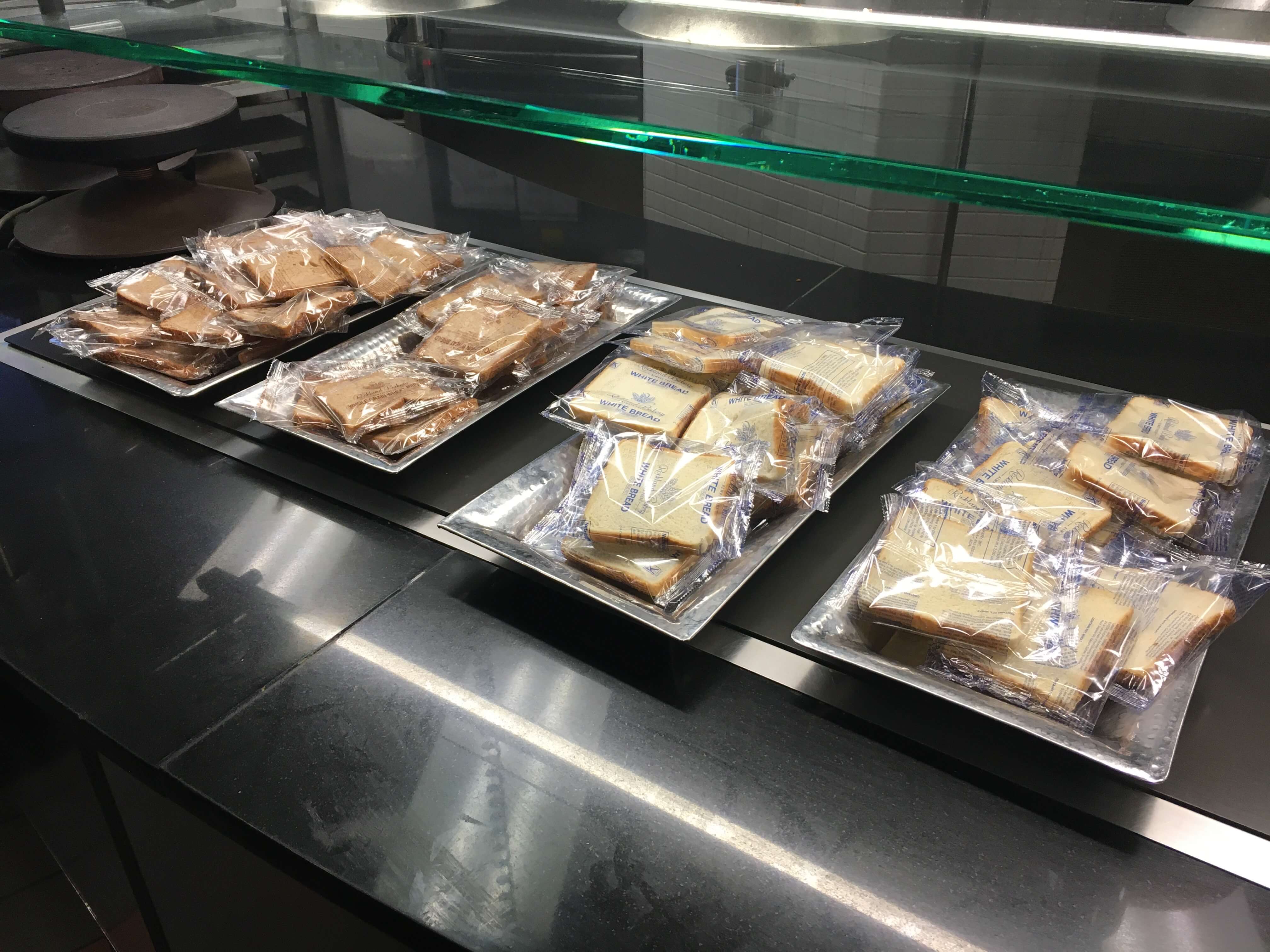
Jimin Kang
Mealtimes used to be when we gathered together. Now I pick up food from an empty dining hall, and eat in my dorm room alone.
The demise of my spring semester began with a slice of bread.
On a Wednesday afternoon in early March, I entered one of the dining halls at Princeton University, where I’m a junior, and noticed that each individual piece of bread had been packaged in its own clear, plastic film.
As a response to the growing Covid-19 scare, it felt a little extreme at the time, especially given Princeton’s constant spiel on “greening” campus food. I grabbed a sorry portion to show my friends, a kind of dystopian souvenir I thought would get a laugh.
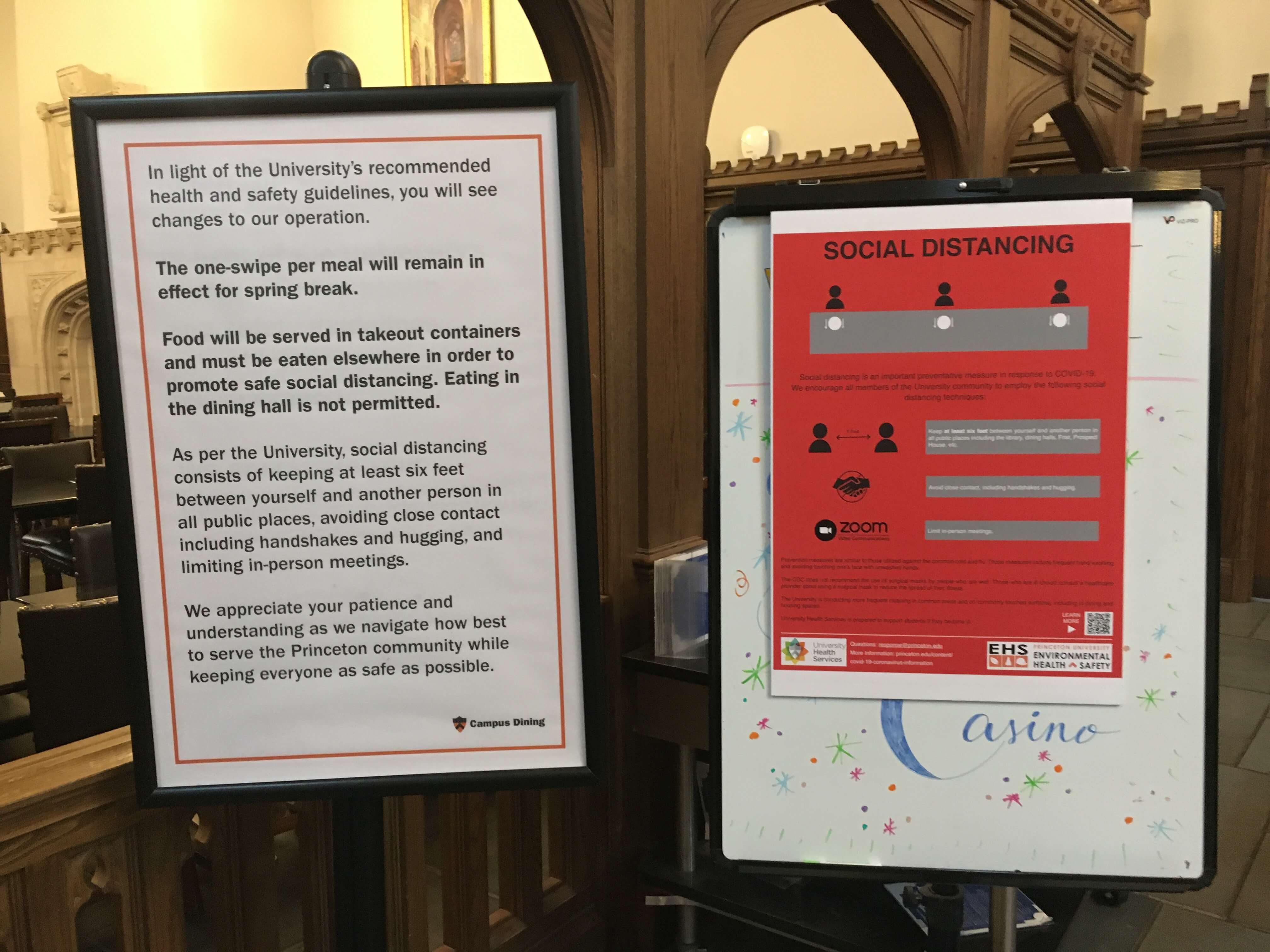
Signs from Princeton University explain social distancing and recommended health and safety guidelines regarding campus dining.
Jimin Kang
Little did I know that the bread foreshadowed a nightmare we’d already seen playing out on other college campuses, one we never thought would reach us as well. That same Wednesday, just hours after my trip to the dining hall, we were told that most of us had eight days to vacate campus. It was right before spring break, in the middle of midterms, but everything was put on hold in the hazy scramble that followed. Friends tried to rush goodbyes while packing up their second homes. We cried, we held each other, we made promises to call. And we left.
Well, most of us did. I am one of the few who stayed behind.
Our six dining halls, 11 eating clubs, and six co-ops have been whittled down to one servery, where meals are served three times a day in disposable containers and cups.
As an international student from South Korea, I’m part of a handful of students who have been given permission to stay on campus for the remainder of the semester. Our six dining halls, 11 eating clubs, and six co-ops have been whittled down to one servery, where meals are served three times a day in disposable containers and cups. And the bread? Still individually packaged. There are even plastic-wrapped bagels and muffins and buns. Even in times of crisis, Princeton has found a way to indulge us.
Mealtimes used to be the time when we gathered together. But now, as I walk through the empty dining hall to collect my food, I feel like I’m in a minefield. Students are prohibited from sitting down and eating their meals in the space—seats have been flipped atop tables, and we have no choice but to grab our food and go. The sound of student chatter has been replaced with silence, and a sense of imminent danger lurks everywhere. At the entrance a huge, red poster describes the logistics of social distancing, reminding us that it’s safer to take our containers home and eat alone.
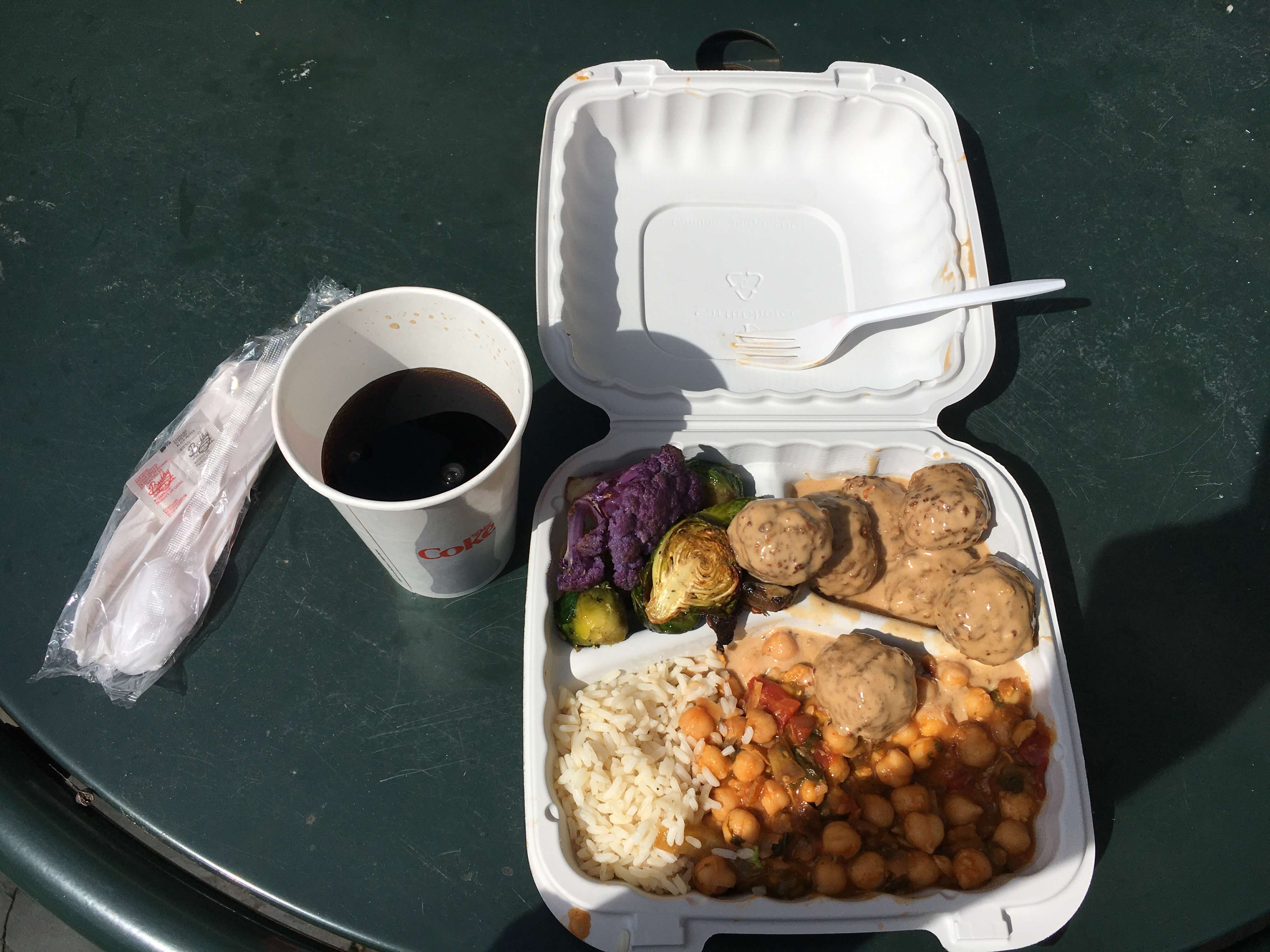
At Princeton University, students still on campus are given food in takeout containers and instructed to eat outside of the dining hall.
Jimin Kang
Which is what I do, most of the time. I sit at my desk and have dinner, my only company the quiet hum of the mini-fridge. I think about the conversations I’m missing, what my friends might be doing, what they might be eating, spread out across the nation.
But other times, when the hunger for kinship grows too strong, I take advantage of the breathing room in the rules that define our new normal. I’ll find a place to sit with a similarly stranded friend—a stoop, or a table outdoors, where we make sure we’re six feet apart. We laugh and try to make the most of it. When the weather is nice, with the spring flowers blooming, it can almost feel like nothing has changed at all.
